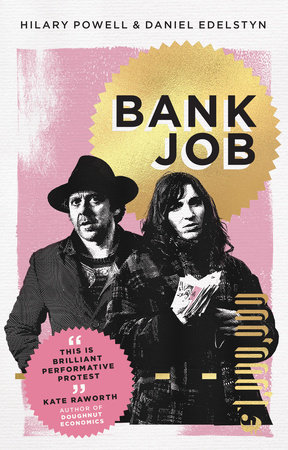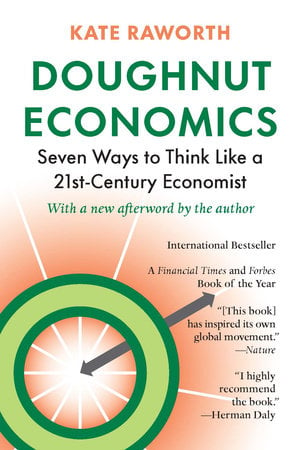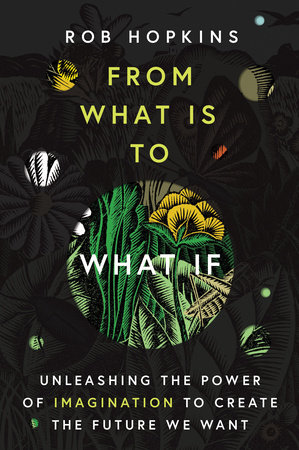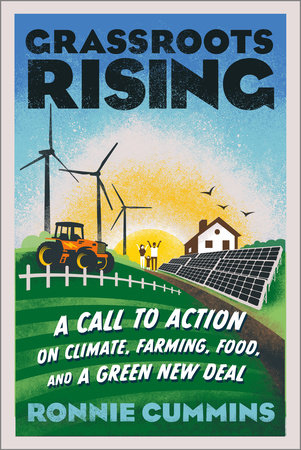Abolishing Debt
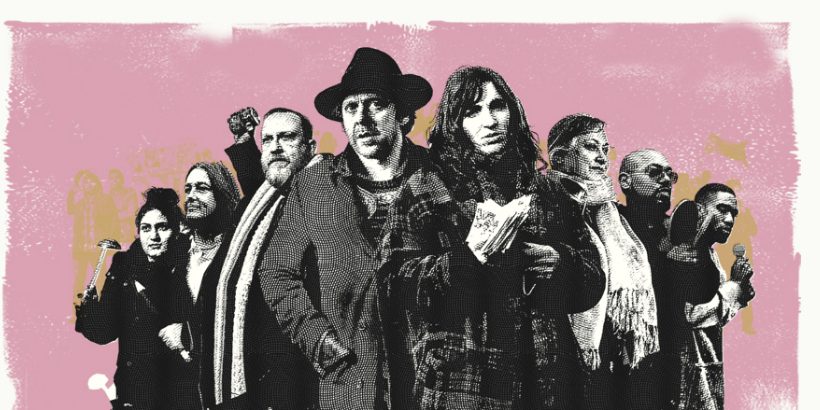
In May 2019, in the shadow of London’s financial district, Canary Wharf, a golden Ford transit van explodes. After years of planning, this is the final act that cancels $1.5 million of high interest ‘toxic debt’ for one London community. This ‘Big Bang 2’ was the culmination of an art project by filmmaker and artist duo, Hilary Powell and Dan Edelstyn, made in response to the financial crash of 2008. Tired of struggling in an economic system that leaves creative people on the fringes, the duo weave a different story, both risky and empowering, of self-education and mutual action. Behind the opaque language and defunct diagrams, they find a system flawed by design but ripe for hacking.
The following is an excerpt from Bank Job by Hilary Powell and Daniel Edelstyn. It has been adapted for the web.
When a friend first told me about Strike Debt buying up student and medical debt in the US and cancelling it, I was still struggling with a huge personal debt burden taken out against a vision of future success. Hearing about this act of debt abolition, I was intrigued and challenged. My overriding reaction to Strike Debt was, ‘Why would anyone do that?’
I knew enough about anti-capitalist groups to understand that this debt abolition was a form of protest against student tuition fees and medical bills, but I hadn’t yet been exposed to their analysis. As far as I was concerned debt was something you had to repay. Debt was debt. No one forced you into it. Needing something to break the inertia I went to the website and I saw that they had raised close to $1 million and used that to abolish just under $32 million worth of student and medical debt. I was excited to read about all the people who had put this thing together and wanted to learn more. To me they were outlaws, rebels with a cause who lived outside of the system. One of the things I most admired about them was their certainty – they must be so sure of their belief to go that far to make the point. It was hard not to idolise them as they stood up for a cause bigger than themselves.

My understanding of the financial system was totally transformed.
Ross agreed to meet on the university campus in east London and we discussed the work of Strike Debt in NewYork and all over the US as a decentralised network of debt resisters including activists, artists and organisers. They had started in New York City in 2012, growing out of the Occupy Wall Street movement, creating anti-debt organisations around the US, publishing The Debt Resisters’ Operations Manual and were the organisational base for Rolling Jubilee. Ross was warm and open and the book was a passionate argument, exploring contemporary western history from the 1970s onwards as a fundamental assault on US and European welfare states. It was early days but I got him to tell me some of my favourite bits from the book on camera and then I brought out a homemade detonator/bicycle pump that I persuaded him to plunge down to edit in an explosion over the top.
I learned things through Ross that shocked me, and I felt I would never be able to look at the world the same way again. I was galvanised to action. The first thing that Creditocracy did was to define itself in stark and dystopian terms:
It is not enough for every social good to be turned into a transactional commodity, as is the case in a rampant market civilisation. A creditocracy emerges when the cost of each of these goods, no matter how staple, has to be debt financed, and when indebtedness becomes the precondition not just for material improvements in the quality of life, but for the basic requirements of life. Financiers seek to wrap debt around every possible asset and income stream, ensuring a flow of interest from each.’ 1

With this glimmer of a story and a new mission to make a film to share this illuminating knowledge I gained a small commission2 to enable me to fly to the US. I met again with Ross and members of Strike Debt, witnessed students standing up and giving testimony at Department for Education hearings about the crisis in student debt, sat down with the debt-buying team who had worked with Strike Debt and who would subsequently help comedian John Oliver in his own dalliance with debt. I was at once welcomed and openly resisted. In Los Angeles I posed next to the Hollywood sign – defiantly, whimsically, as the dreams of the big time did not appear to align with the social mission that now fired me and the ad-hoc budgets and uncertainty involved. It was hard to imagine a Hollywood movie about debt. The concepts might be interesting but the film wasn’t yet and I returned to the UK with only the fragments of a narrative.
Back in London mulling over Ross’s book and thinking incessantly about the structure of the film I now wanted to make about debt became all consuming. I had been warned off trying to replicate their work in the UK. It involves so much work and, after all, it had been done. They had gained a lot of press, bought up and written off millions of dollars of debt, and achieved a lot in their aims of public education.
However, as we have learned, you can think you have stormed the castle and set the media alight, but realise that even when occupying a prominent position on a high street only a fraction of people, locally and nationally, have a clue about what you’ve been up to. Projects like this, by their very nature, are still operating in the margins. It takes a culmination of actions, a chain of action and reaction, adaptation and distribution to make a dent in public discourse. Moments start a movement and, although Strike Debt had moved on to equipping communities with the tools for debt resistance, could we take up the baton and get these arguments into the UK mainstream and beyond?
1. Andrew Ross. Creditocracy: And the case for debt refusal (New York, OR Books, 2014).
2. From Charlie Phillips, then documentary commissioning editor at the Guardian.
Recommended Reads
The Twenty-First-Century Economist: Seven Ways to Think Like One
Recent Articles
Using herbal medicine to heal the body is an ancient practice. It has since become a worldwide industry. Today, modern-day doctor’s visits and industrial medicine have displaced common knowledge of herbal medicine. Some still remember the ancient practice. In her book Following the Herbal Harvest, Ann Armbrecht interviews one such person, Phyllis Light, a fourth-generation…
Read MoreAddressing the pressing issues affecting everyday Americans is essential—and one of our nation’s most profound challenges is the devastating impact of mass layoffs. Layoffs upend people’s lives, cause enormous stress, and lead to debilitating personal debt. The societal harm caused by mass layoffs has been known for decades. Yet, we do little to stop them.…
Read MoreIn a personal investigation into ethical and traceable leather, fashion designer Alice Robinson begins a ground-breaking journey into the origin story of leather and its connection to food and farming. Keep reading to learn more about her process of cutting & shaping leather to create handbags, shoes, clothing, and more! The following is an excerpt from…
Read MoreWe’ve all heard of the phrases “time flies” and “time heals all wounds,” but what really is time, and how does it impact our lives? The concept of time may be even more powerful than we think, especially when it comes to the money we save and spend. The following is an excerpt from The…
Read MoreVandana Shiva has been described in many ways: the “Gandhi of Grain,” “a rock star” in the battle against GMOs, and “the most powerful voice” for people of the developing world. For over four decades she been at the forefront of seed saving, seed sovereignty, and connecting the dots between the destruction of nature, the polarization…
Read More

